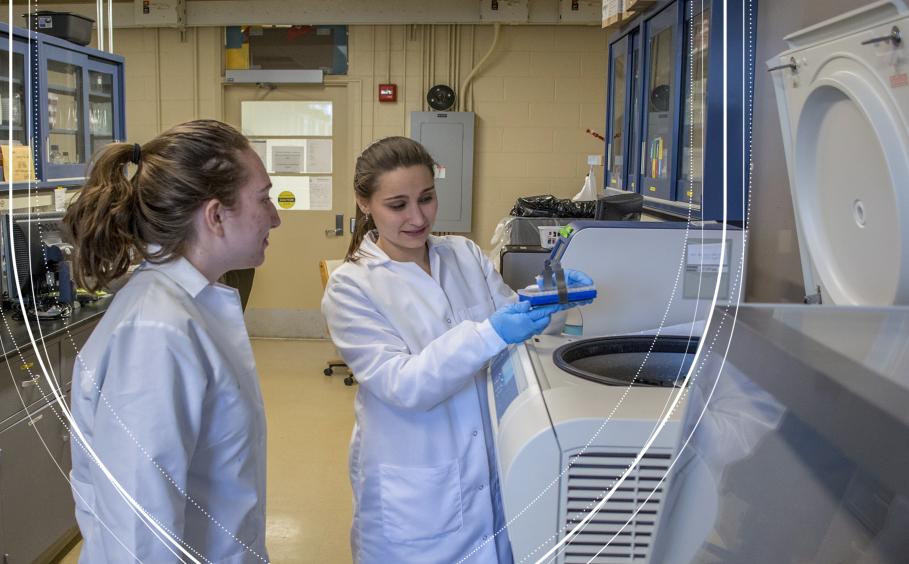-
About
ExploreUp a level (this gets replaced in JS)
-
Getting Started
Explore
-
Commitment to Diversity
Explore
-
Expertise
Explore
-
Strategic Plan
Explore
- Discover BBH
- Visit and Apply
- Contact
- Donate
-
Getting Started
-
Undergraduate
ExploreUp a level (this gets replaced in JS)
-
Getting Started
Explore
-
Student Support
Explore
-
Get Involved
Explore
-
Get Connected
Explore
-
Gain Experience
Explore
-
Diversity and Inclusion
Explore
-
Alumni Engagement
Explore
- Discover BBH
- News and Events
- Visit and Apply
- Contact
-
Getting Started
-
Graduate
ExploreUp a level (this gets replaced in JS)
-
Getting Started
Explore
-
Next Steps
Explore
-
Get Involved
Explore
-
Gain Experience
Explore
-
Diversity and Inclusion
Explore
-
Alumni Engagement
Explore
-
Visit and Apply
Explore
- Discover BBH
- News and Events
- Graduate Admissions
- Contact
-
Getting Started
-
Research
ExploreUp a level (this gets replaced in JS)
-
Ongoing Research
Explore
-
Resources
Explore
-
Get Started
Explore
-
BBH Affiliates
Explore
- Discover BBH
- News and Events
- HHD Research
- Contact
-
Ongoing Research
-
Alumni
Explore
-
Outreach
Explore
-
Contact
ExploreUp a level (this gets replaced in JS)
-
BBH Contacts
Explore
-
College Contacts
Explore
- Discover BBH
- News and Events
- Visit and Apply
-
BBH Contacts
-
Departments
Explore
-
Research Centers
Explore
-
Central Administration
Explore
-
Training and Support
Explore
- Contacts/Directory
Mentored Research

What kind of mentorship model do we use?
Students are admitted to work with one particular faculty member as their primary mentor. We do not follow dual mentorship or lab rotation models. That said, our department and faculty are highly collaborative and it is common for students and faculty to work together on specific research projects across labs.
A Research-rich Environment
Students in Penn State’s Biobehavioral Health graduate program have a truly unique opportunity to work with world-renowned researchers and faculty members in a highly active research environment, helping conduct groundbreaking research. Depending on their interests and mentor, BBH graduate students gain firsthand experience working with participants and/or laboratory animals, collecting data, conducting data analyses, publishing papers, and presenting findings at academic conferences.
In keeping with our innovative and interdisciplinary mission, our graduate students have the opportunity to pursue a diverse range of interests, spanning domains such as behavioral neuroscience, behavioral endocrinology, psychoneuroimmunology, genetics, behavioral pharmacology, health promotion, health psychology, epidemiology, health and vulnerable populations, social psychology, socio-ethical dynamics, cognition, global health, ethics, environmental health – and much more.
Our students have access to stellar library, IT, teaching, and state-of-the-art research resources. We are also linked with numerous well-funded centers that provide training and support, including but not limited to:
Clinical and Translational Science Institute
Huck Institutes of the Life Sciences
Social Science Research Institute
Social, Life, and Engineering Imaging Center
Child Maltreatment Solutions Network
Consortium on Substance Use and Addiction
Can I talk with specific faculty?
Yes. You are encouraged to review the interests and research of our faculty and contact specific faculty to ask questions and determine possible fit.
